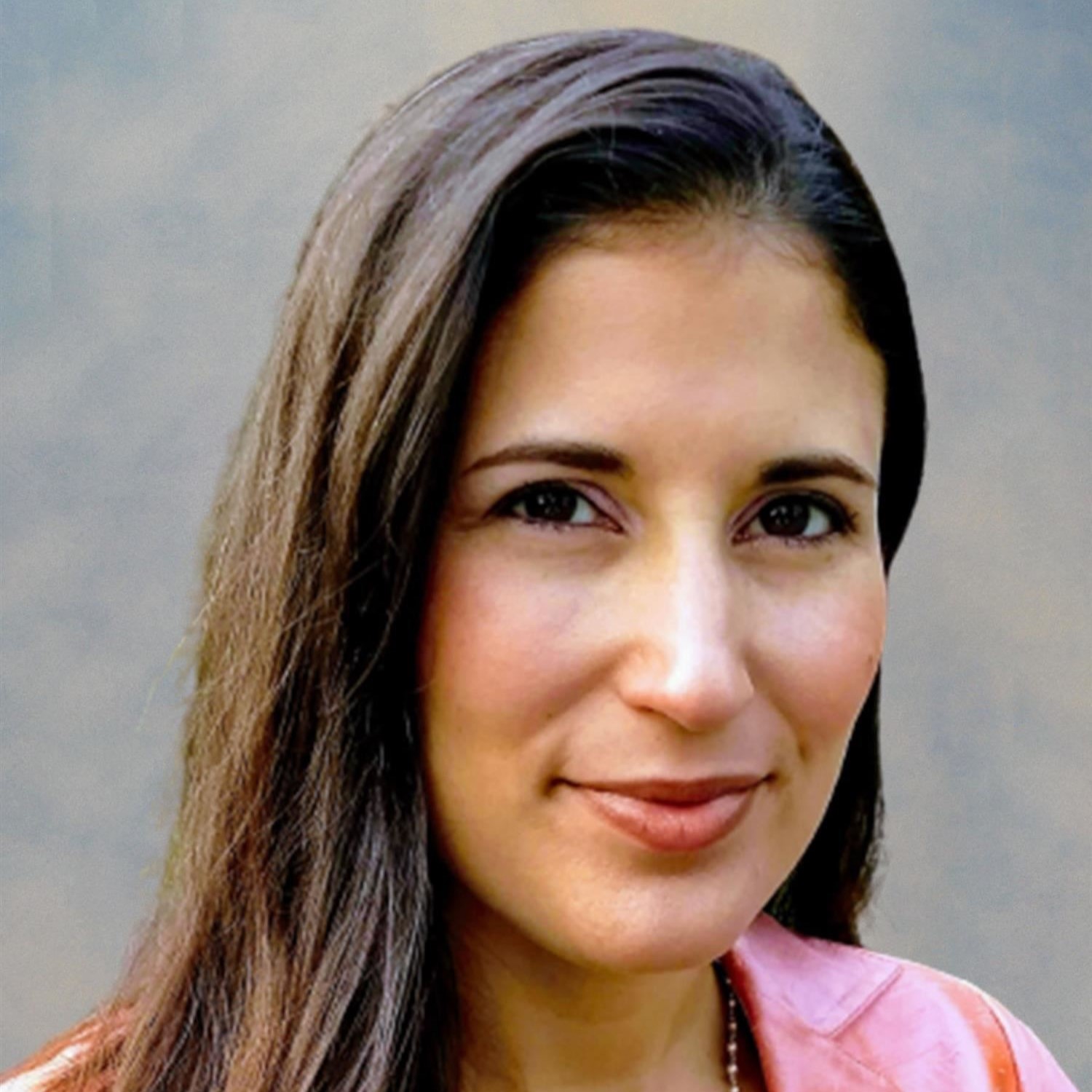
Once upon a time, in a school district not too far away, an educator had a job she truly loved. She hoped to retire in this role and was proud of her accomplishments and work toward educational equity. One day, her district’s leaders had to make tough choices in pursuit of fiscal stability. Jobs went on the chopping block, and before she knew it, she met with a district leader and human resources. She discovered that contract renewal wouldn’t happen due to the financial impact on educational programming, not her performance. So sorry, best of luck, the end.
This might sound like a warped fairytale, but unfortunately, it has been a harsh reality for so many educators – including me. Career adversity and teacher layoffs happen, and it’s important to approach such challenges with job resilience. While the story seems to end with a layoff, it’s only the beginning for educators, educational programs and entire school systems.
A Financial and Educational Domino Effect
The combination of factors that led to this massive financial domino effect were many and resulted in the perfect storm. There was that pandemic that many might remember and in the 2019 and 2020 fiscal years, the U.S. Department of Education granted states funds to address the educational impact, also known as Elementary and Secondary School Emergency Relief (ESSER) funds, totaling to $67.5 billion.
Expiring ESSER funds, decreasing student enrollment and, in some districts, voters not passing levies, left school districts overseeing public schools scrambling to make ends meet. Each school district’s leadership had to make difficult, seniority-based decisions because business as usual would soon be unsustainable, which unfortunately included teacher layoffs and other reductions in force.
Fast forward to today, and there’s a significant workforce reduction as passionate educators leave the profession for a variety of reasons, including devastating budget cuts. Even experienced educators have walked away.
Reorganization within school districts included the elimination of leadership positions, other educator position and school closings, to name a few. The full effect of these executive decisions will soon be felt when school years resume with a reduction in force. How these decisions will play out and whether students will feel the impact of them, only time and student data will tell.
¡Pa’lante! — Moving Forward
What comes after being laid off? I could offer an ending full of silver linings, but I won’t. As I write this, I know that there are amazing educators out there that have not been as lucky as me to have found the next step of their journey. Many students and families will come to a different school or miss a familiar pillar of their educational community.
But as a Boricua born and raised in Puerto Rico, I am not a stranger to adversity and difficult situations. When a hurricane hits, there is no going back exactly to how things were – we must move forward. ¡Pa’lante! This cultural slang means keep going forward amid adversity no matter what. ¡Pa’lante! doesn’t mean forgetting but learning, being brave, doing what must be done and, if possible, making things better.
There is a second part of the saying that goes, “Pa’tras ni pa’coger impulso” which means not going back, not even to gain momentum. If you lost your job, my heart goes out to you. I know what you are going through: sleepless nights, mind-numbing job searches, anxiety, grief for what was and what could have been. Do what you need, be it crying, counseling, camping or connecting to restore positive mental health. Fill your bucket and then move forward. This was the end of one stage of your life. The next chapter takes courage to move forward, so put yourself out there and keep going. ¡Pa’lante!
For those of you that stayed behind and are tasked to do more than ever before, the same applies to you: ¡Pa’lante! Pa’tras ni pa coger impulso. Do your best, as if the future of our country depends on it, because it does. The importance of strong educators continues to grow, and we have a responsibility to build tomorrow’s leaders as empowered, resilient individuals who have solid examples to follow. Our response to adversity can teach our students life skills beyond course material.
New Beginnings
Present day, in a different school district not too far away, an educator is two months into a job she truly loves. She is not naïve enough to believe she will serve in this role forever – everyone is replaceable. So far, she has been working hard to build trust and collaborate with her new team in their strides toward educational justice. There were other pathways for her to meet career goals even if it meant enduring difficult situations. That educator is me.
Adversity is often uncomfortable, but I’ve found that coming out stronger on the other side makes it worthwhile. Being an educator is challenging and requires a positive mindset. The work is hard, the hours are long and every day is a new adventure. While there are always new systems and acronyms to learn, I have chosen to move forward. ¡Pa’lante! with joy and courage.
When discouraging seasons come along, remember that joy and courage are mindsets that you can choose. I find it’s also helpful to focus on the light at the end of the tunnel. Knowing that I will grow and blossom through adversity gives me the power to choose how I will respond, and I choose to hold tightly to a growth mindset. This is where your adversity turns into victory. It starts with you! Circumstances ebb and flow but keeping your eyes on the good that can come from adversity will help you not just survive the storm but thrive through it. Building resilience is an invaluable skill as an individual and especially as an educator. We must learn to overcome adversity.
Native American leader, Chief Seattle, said it best, “When you know who you are, when your mission is clear and you burn with the inner fire of unbreakable will, no cold can touch your heart. No deluge can dampen your purpose.” And so, my story begins, again.
Become an impactful teacher or advance your education career with the education programs at American College of Education.

